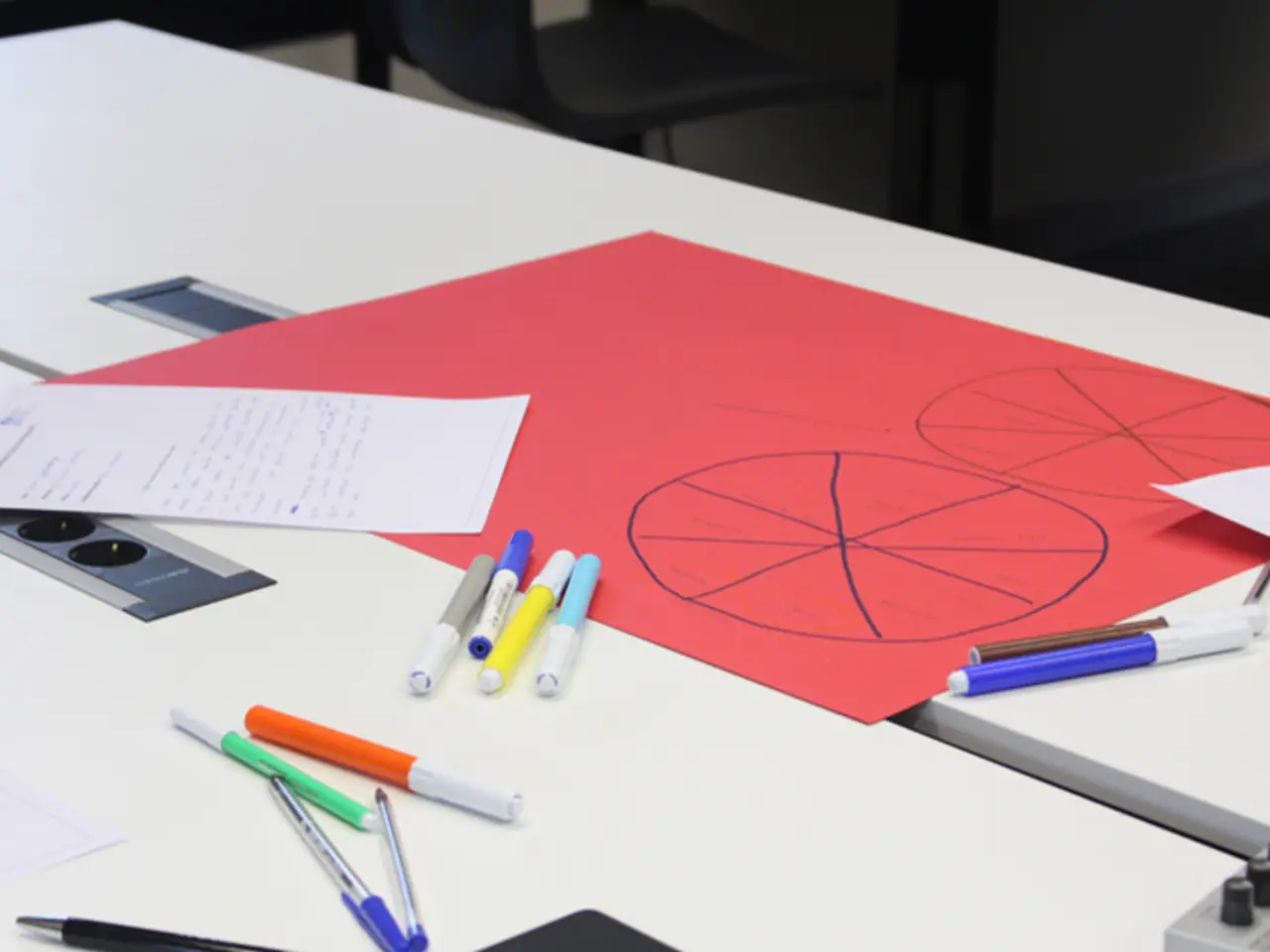Identifying Your Academic Suitability for the IB Diploma: Recognizing 17 Key Indicators to Assess Your Fitness
Preparing for Academic Success in the IB Diploma Programme
The International Baccalaureate (IB) Diploma Programme is a challenging two-year educational journey for students aged 16 to 19. To excel in this rigorous programme, students need to develop a range of key skills and qualities.
Critical thinking, independent research skills, time management, clear communication, intellectual agility, and the ability to reflect critically on knowledge are essential for academic success in the IB. These skills are developed through components such as the Extended Essay, Theory of Knowledge, and the broad curriculum requiring in-depth study across multiple subject areas.
Critical Thinking and Intellectual Agility
Theory of Knowledge (TOK) encourages students to question assumptions, explore multiple perspectives, and connect knowledge across disciplines. This fosters critical thinking and intellectual agility, preparing students for higher education and lifelong learning.
Research Skills and Academic Writing
The Extended Essay (EE), a 4,000-word independent research project, hones research skills and academic writing. Students learn how to formulate research questions, evaluate sources, and structure arguments clearly.
Time Management and Independent Learning
Given the programme’s demanding nature, time management and independent learning are essential. Balancing six subject groups along with core components like Creativity, Activity, Service (CAS) requires effective self-management.
Multilingual Proficiency and Global Awareness
The IB programme cultivates multilingual proficiency and global awareness through language study requirements and its international focus.
Persistence and Resilience
Persistence and resilience are vital qualities fostered by the IB. Students who persevere through challenges are more likely to succeed in higher education and beyond.
In addition to these core skills, students need to develop a breadth and depth of knowledge across academic subjects, project management skills, and ethical and emotional maturity.
Starting early, asking for help, staying organized, and not ignoring CAS are golden rules for navigating the IB. Finding credible sources, structuring arguments, and citing correctly are all crucial for the Extended Essay.
If you consistently score well across subjects like Math, Science, and English, it's a good sign you can handle the IB. Public speaking and presentation skills are frequently used in the IB, with confidence and clarity in expressing ideas being a big plus.
Preparing before starting the IB with work on writing, time management, and reading comprehension can help students succeed. Understanding plagiarism and evaluating sources are key components of academic integrity in the IB.
The IB can be stressful, but students who have coping strategies like exercise, journaling, or talking to mentors will handle pressure better. Embrace the journey of the IB, as it can be incredibly rewarding with the right mindset and support.
Being open to different cultures, viewpoints, and ideas helps students engage fully with the IB curriculum. IB students often juggle multiple deadlines, requiring effective time management skills.
Ask current teachers if they think you’re prepared, as they often have the best insight into your abilities and potential. Grades not only indicate understanding but also show how well you manage assignments, meet deadlines, and retain information over time.
Personalized help can bridge any skill gaps before you start the IB programme through tutoring and academic coaching. Many students find the first year of the IB overwhelming due to the sheer volume of work.
The IB can be more stressful than other curriculums due to its breadth and depth, but many find it more rewarding too. Top universities worldwide recognize and respect IB graduates, making it a valuable addition to your academic portfolio.
In Theory of Knowledge, students explore philosophical questions about knowledge itself. The IB encourages exploration and intellectual curiosity, pushing students to become independent learners with internal assessments, long essays, and externally moderated exams. Group projects and class discussions require empathy and adaptability. Participation in class discussions and teamwork is common in the IB, and strong interpersonal communication is key.
Subjects like English Literature and History require intensive reading, comprehension, and essay writing. If you focus on memorization rather than understanding, you may find the IB's conceptual approach challenging. Struggling with multitasking or frequently missing deadlines may signal difficulty in managing the IB workload.
Consider online or summer courses in writing, critical thinking, or time management to prepare for the IB. If you fail an IB subject, you can retake exams, and failing one subject doesn’t automatically mean failing the diploma.
In summary, the IB Diploma Programme demands a range of skills and qualities, including critical and reflective thinking, research and writing proficiency, effective time and self-management, academic breadth and depth, multilingual skills, persistence and resilience, ethical and global awareness. These skills together prepare students well for higher education and lifelong learning.
Engagingin Theory of Knowledge (TOK) fosters critical thinking and intellectual agility, which are crucial for success in higher education and lifelong learning.
The Extended Essay (EE) helps students develop research skills and academic writing, enabling them to formulate research questions, evaluate sources, and structure arguments clearly.




